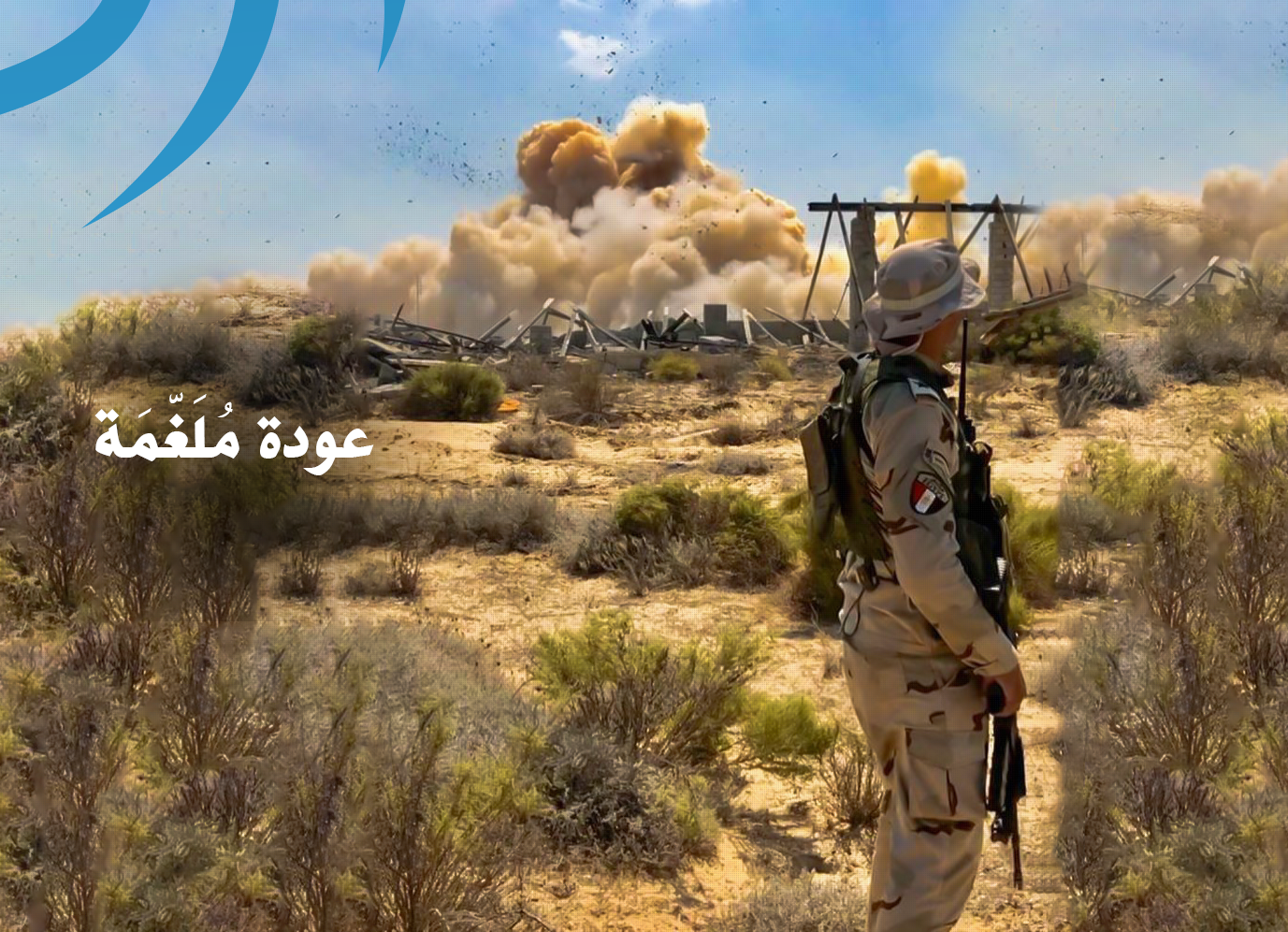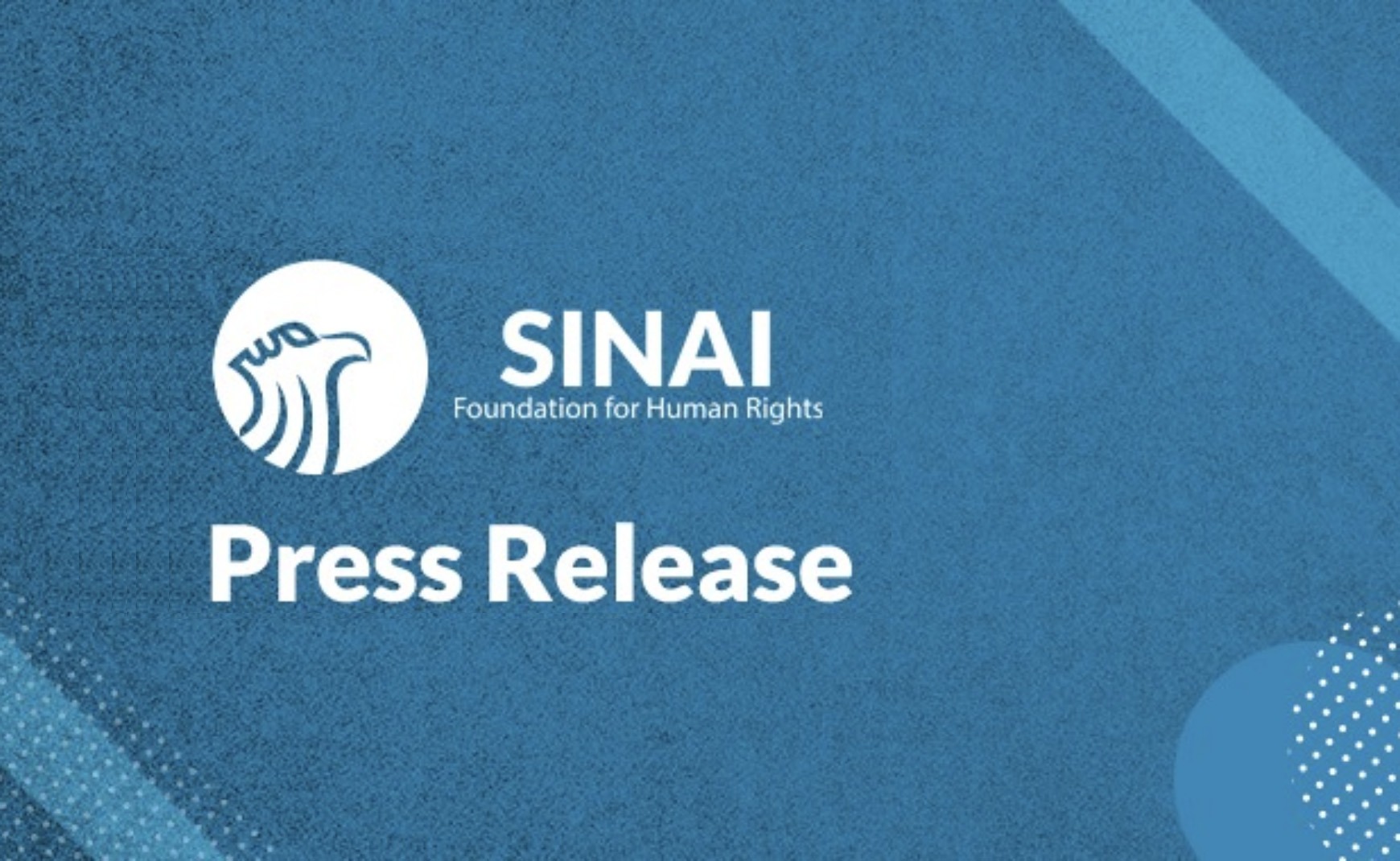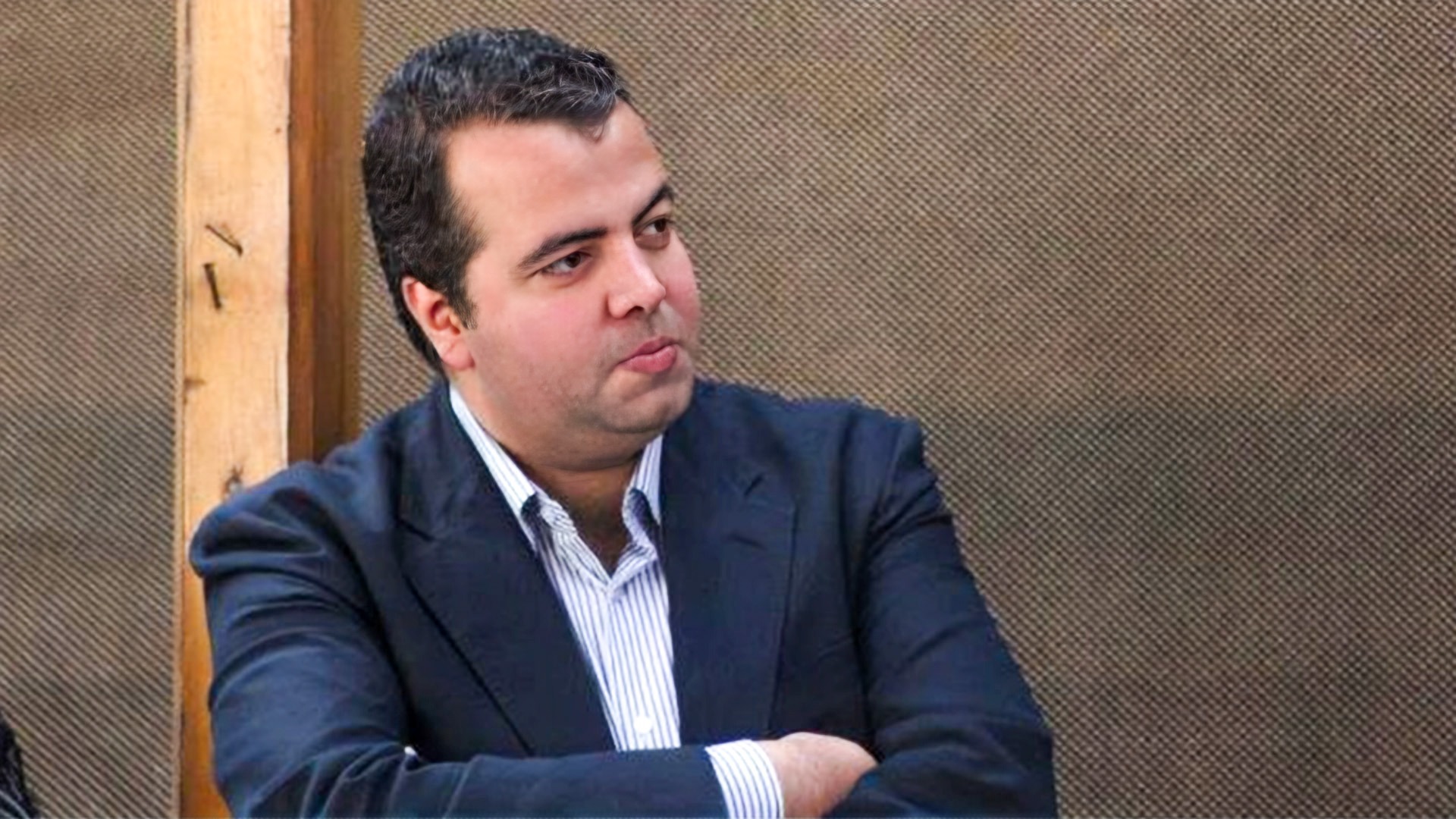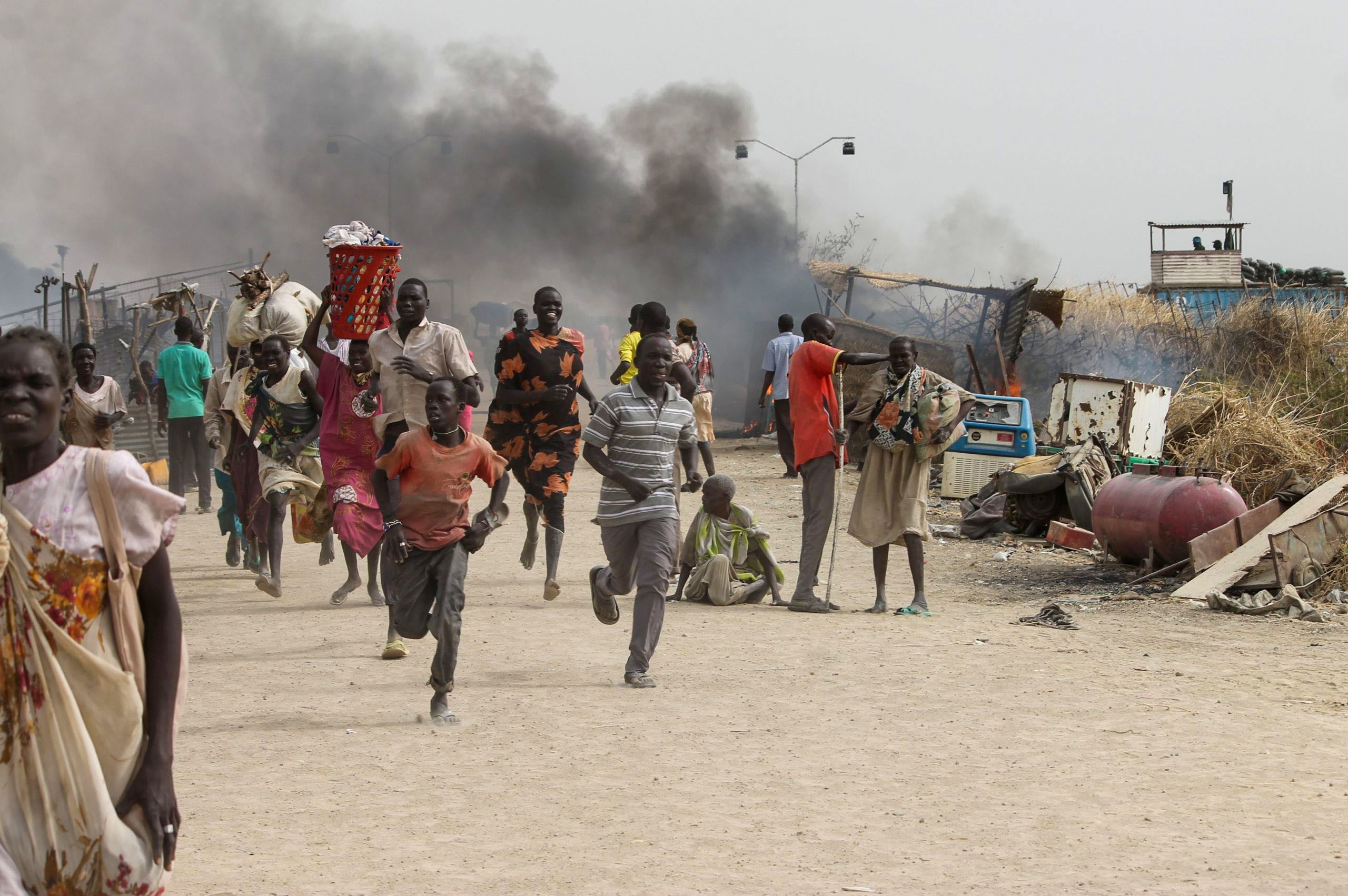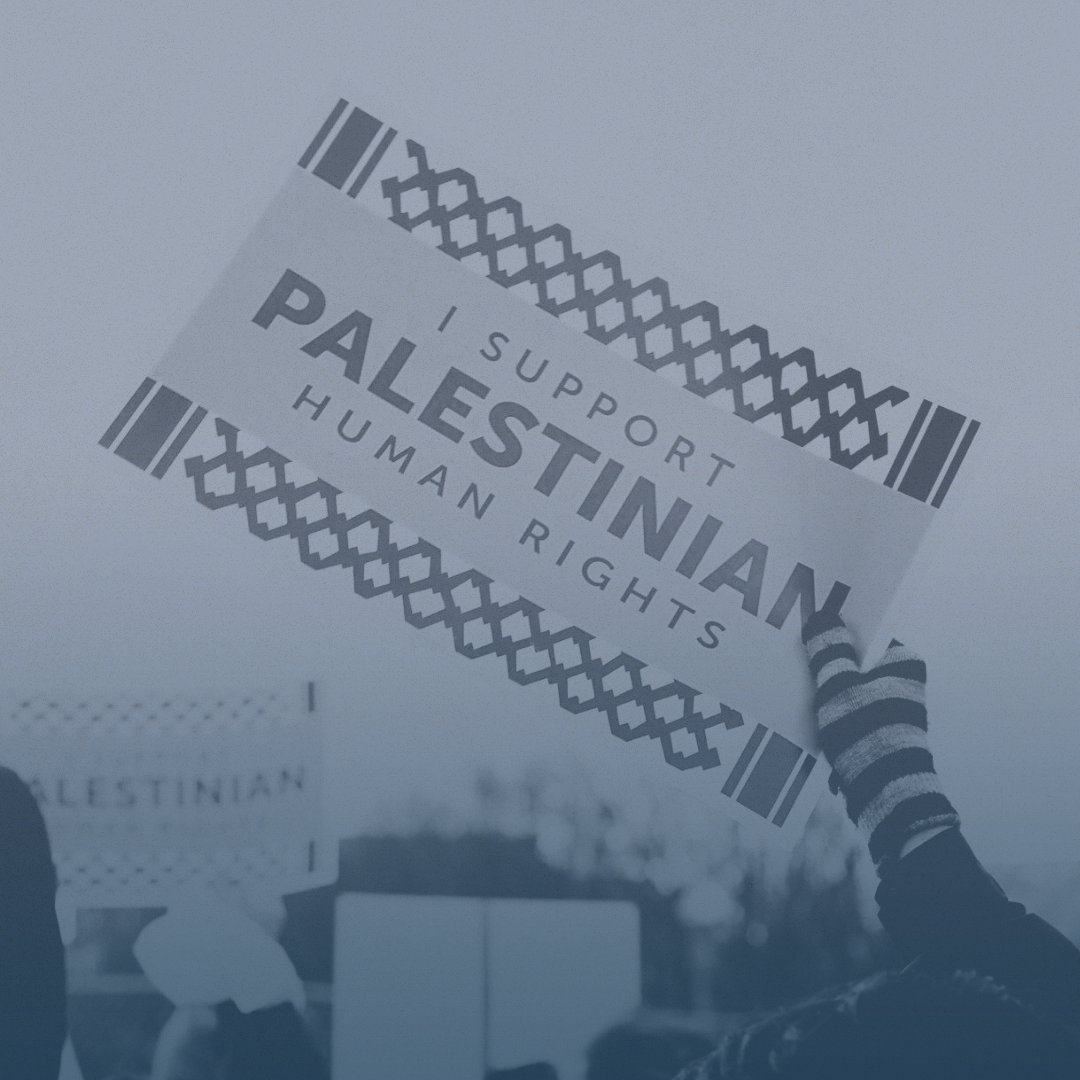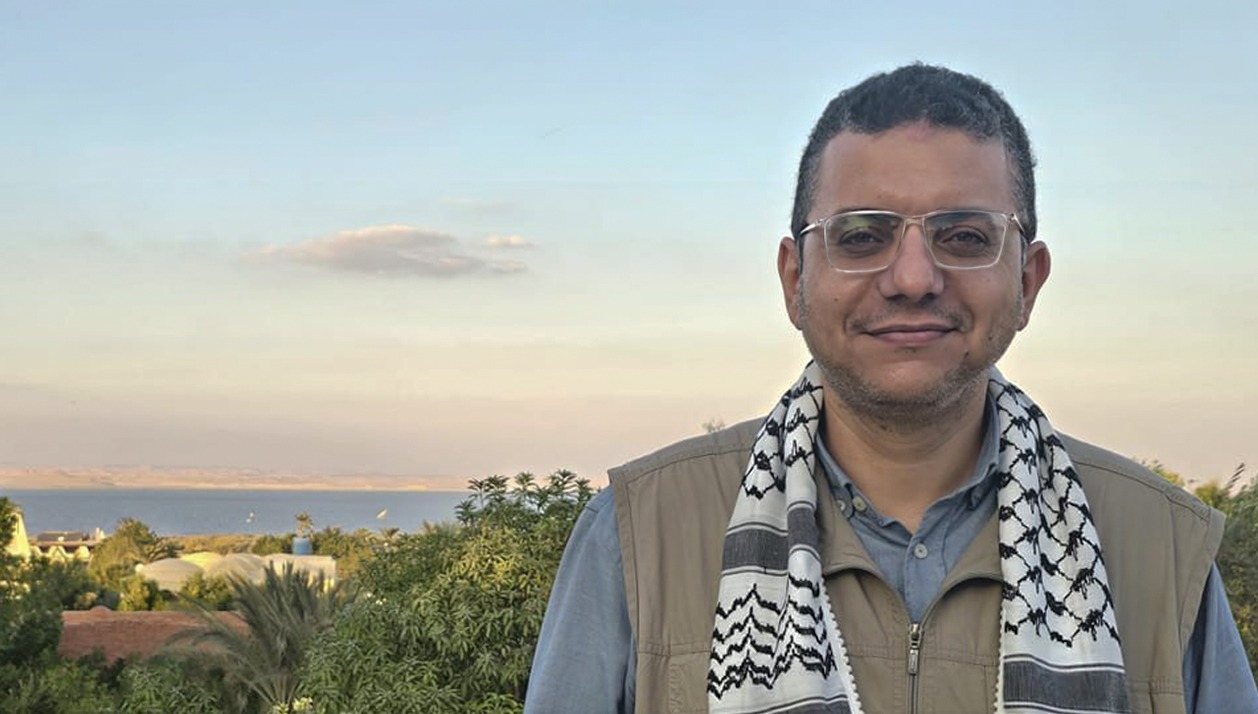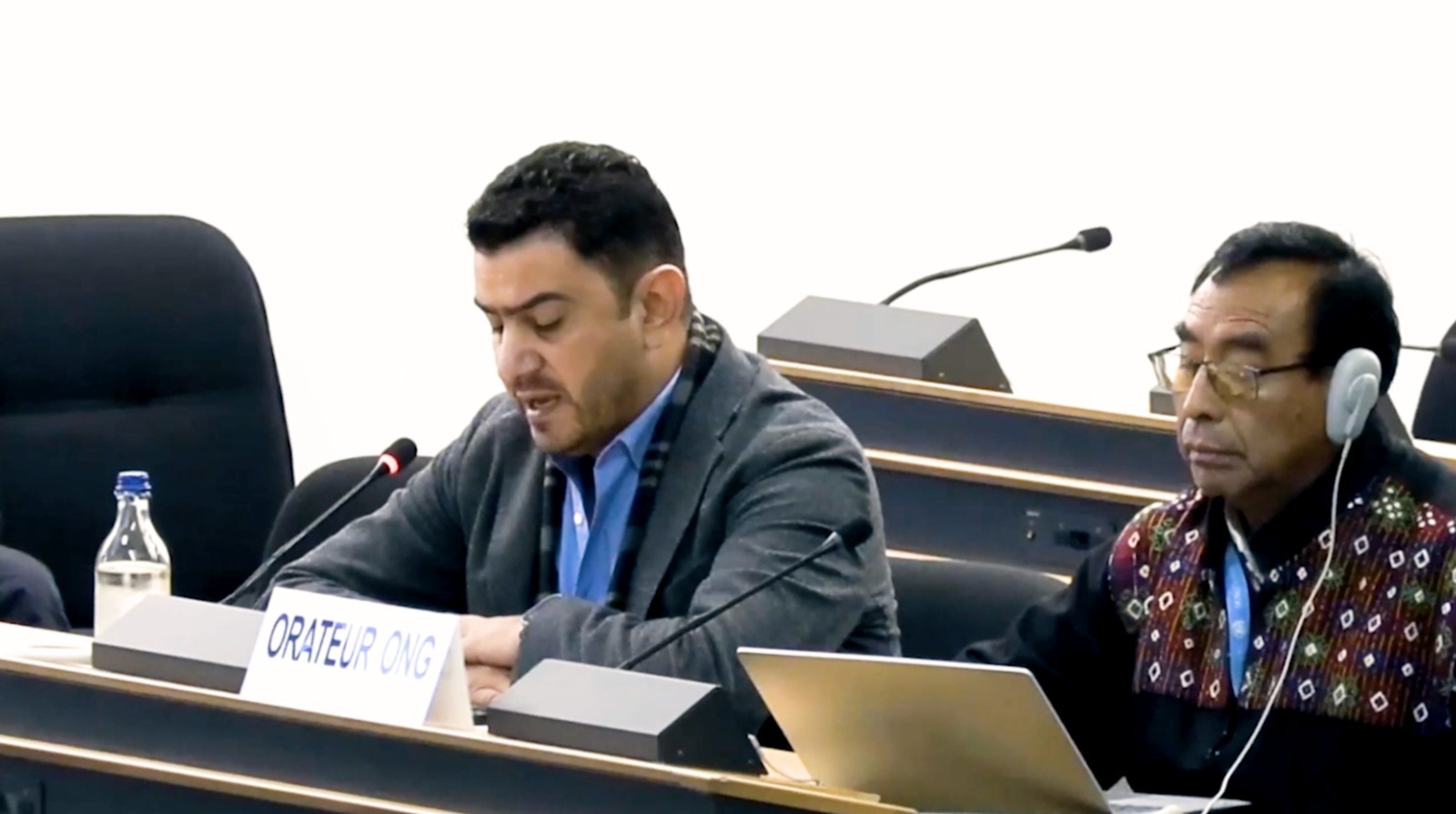London- The Sinai Foundation for Human Rights revealed in a report published on Monday the continuing deterioration of the human rights situation in the towns of North Sinai. The most abuses, 35, took place in Bir al-Abd, followed by 24 in Sheikh Zuwayed, in addition to an increase in abuses against women, especially arbitrary arrests. According to the foundation, the conflicting parties: Egyptian law enforcement forces, the military and police; and the ISIS-affiliate Sinai Province group, both committed the abuses, some of which amount to war crimes.
The Sinai Foundation for Human Rights concluded that the practices of the conflicting parties led to crushing the basic rights of civilians, and some of those practices have come to resemble a behavior to which the conflicting parties have become accustomed.
In its annual report covering the period between 1 January and 30 December 2021 in 72 pages, titled “Explosive Return”, the foundation revealed the dark reality of the human rights situation in North Sinai where human rights organizations are not allowed, and journalism is significantly restricted. The foundation team documented in the period covered by the report the murder of 32 civilians, 7 of whom were children and 3 were women, and the injury of 17 others, 4 of whom were children, at the hands of the conflicting parties. This number of victims is the portion we managed to document. The foundation also conducted interviews with 107 eyewitnesses, victims’ relatives, and local citizens.
Ahmad Salem, the executive director of the Sinai Foundation for Human Rights, said:
The number of abuses recorded in the report shows a non-written agreement between the conflicting parties on the disregard for human rights or the lives and dignity of the people of Sinai, which led to vast areas of Sinai becoming unsuitable for life, where abuses and violation of civilians are rampant.
The period covered in the report witnessed the death of 6 individuals, including a child and a woman, in possible extrajudicial killings resulting from shots heavily fired from police and military checkpoints as a routine practice by government forces to secure the area and ensure there is no threat to them with no presence of potential military targets; or as a result of direct and lethal shots fired at them, often without prior warning or following rules regarding firing at civilians and their vehicles that posed no military threat neither in appearance nor behavior.
The report documented indiscriminate artillery shell attacks by the Egyptian military which led to the death of a woman and the injury of two other civilians. The authorities have not admitted to the fall of civilian victims to government fire since the beginning of the military operations in Sinai, while the foundation acquired official medical reports stating that the victims of those attacks were killed or injured by shelling from an unknown source, as is customary for the authorities to disavow their actions when civilians are hurt.
The foundation also documented during the period covered in the report the death of 10 civilians including 4 children and the injury of 11 others including 4 children to explosive devices planted by ISIS to target government forces. The most number of such abuses took place in Bir al-Abd, followed by Sheikh Zuwayed, because of the fall of civilian victims from those returning to Tofaha in Bir al-Abd and some regions of south Sheikh Zuwayed after they were displaced as a result of ISIS taking control of those areas. This reflects the authorities’ continued failure to clear the area of mines and its disregard for the lives of civilians who wanted to return to their homes and villages.
The Sinai Foundation for Human Rights has stated in previous reports that the situation in North Sinai amounts to a non-international armed conflict, as the foundation, and other international organizations like Human Rights Watch, see that the conditions for an armed conflict like stated in the Geneva conventions and their interpretations are clearly present in terms of the severity of the conflict, its extension for years, and the presence of a clear hierarchical leadership structure in ISIS. Despite the Sinai Foundation for Human Rights – as stated at the beginning of the report – seeing a noticeable decline in the intensity of the conflict since 2020, this report in its methodology and categorization is still based on monitoring the abuses committed by the military, the police, and militias working with them on one hand, and on the other, the abuses committed by Sinai Province militants.
With the military continuing to deny independent journalists and observers from entering Sinai, and the difficulty of obtaining information on the ground, it is not easy to reach a final and definitive conclusion on whether the armed conflict as a legal description has fully ended, but it is clear that it is heading that way in terms of the decrease in the intensity of attacks and ISIS’s lack of hierarchical consistency.
The Sinai Foundation reviewed all official data released by the ministries of defense and interior regarding North Siani and noticed a tangible decline in the number of press releases by both ministries regarding anti-terrorism operations in Sinai, as well as the number of militants killed during 2021 compared to previous years. In 2021, the Ministry of Interior published (1) releases stating a total of (3) persons killed, while the Ministry of Defense published (2) releases stating a total of (102) persons killed.
All data points to the victims being armed militants who died in clashes with government forces. The foundation found concrete evidence of a cold-blooded killing that was filmed and broadcast as a military accomplishment in an official statement. The foundation also documented in previous reports the presence of false information in several official statements, which poses many questions regarding the reliability of those statements.
The Sinai Foundation team also followed up on tens of cases of unlawful arbitrary arrest of civilians by the authorities, some of whom were detained for months with no official criminal charges or judicial procedures, and others spent long periods of time in prison to force some of their relatives to turn themselves in to the authorities, and among those people were minors and women. A woman who was imprisoned and tortured told the foundation team about what she went through during her detention at a police station in Arish because she was related to a member of ISIS:
They took me to the station, where the officer kept slapping me telling me he wanted to be promoted, so I should give him information about my relatives.
The foundation’s legal team monitored during the period covered by the report several abuses through trials that could be described as lacking standards of fair trial where detainees appeared before the court after various periods of enforced disappearance. Some of them were detained by security forces and subjected to enforced disappearance after their release was officially ordered and after exceeding the two years of the maximum legal period of precautionary detention dictated by the law. The foundation also documented various abuses of rights granted by the law to children under 18 years of age.
Additionally, the foundation documented during the report the continuation of detention of arrested persons without permission from the relevant judicial authorities, and in unofficial detention centers which fall under no judicial supervision. The foundation also documented tens of cases where security authorities refused to release individuals after their release was ordered and instead charged them in new cases whose subject matter is the same as the ones where their release was previously ordered. Additionally, the team documented the perpetuation of bad, and inhumane conditions for detainees from North Sinai in terrorism cases. The foundation documented the death of a detainee during the period covered in the report because of medical neglect in the prison.
By the end of 2021, security authorities allowed civilians displaced from three Sheikh Zuwayed villages to return after years of forced displacement due to military operations. Despite some people’s return to their homes after years of displacement being considered a win for security authorities, the Egyptian authorities have failed until the time of publishing this report to provide local citizens with basic life necessities, and the return showed noticeable shortcoming in clearing the freed areas of war residue and explosive devices that led to the death of civilians.
Additionally, in 2021, the Egyptian government continued to inaugurate a new phase of its policy built on displacing civilians with various excuses and explanations, as president Abdul Fattah el-Sisi issued decree number 465 for the year 2021 designating close to 542 feddans of land in Arish as Armed Forces public benefit work lands, technically meaning swallowing up more of the area’s lands and the imminent displacement of around 20,000 people.
The foundation also monitored ISIS’s continued expansion of its attacks on civilians, as the foundation documented 15 executions and killings of civilians the group accused of cooperating with the military and security forces or working in military financial projects, including a woman uninvolved in the conflict who was killed alongside her husband who was accused by the group of working with the military, and a civilian contractor who worked at a construction project in Rafah.
Furthermore, we documented tens of abductions of non-fighting civilians during the period covered in the report, most of which took place in Bir al-Abd and Sheikh Zuwayed. All of the abductees have in common being civilians uninvolved in the conflict and not giving up their immunity granted to them by laws of conflict as civilians. The foundation team noticed a recurring pattern of abductions for ransoms from the abductees’ families. We also documented several group abductions the group neglected to mention through its official media platforms, only to release the abductees a few days later after interrogating them. In some cases, the group used psychological and physical torture to extract information from its victims.
In 2021, an official initiative under the sponsorship of security authorities, the most prominent of which is the military intelligence service’s tribal affairs office, aimed to get ISIS militants to turn themselves in, in exchange for financial benefits and pardon for previous crimes. During the past years, this initiative seemed not to have been effective, despite several members of the group turning themselves in with the help of some tribe leaders who try to convince members of their tribes who are involved with the group to put down their guns, and they are later interrogated after being transported to security bases.
This initiative took a dramatic turn in September 2021 when the Sinai Province head of court, Mohamed Said Kamil al-Saidy, known as “Abi-Hamza al-Qady”, turned himself in to the authorities, along with his wife and three children, after he acquired what seems to be a pledge to keep him and his family safe. According to intelligence reports, al-Qady is considered the second or third man in the group’s leadership hierarchy, and his most prominent crime was supervising the execution of the attack on a mosque in Rawda village where 305 worshippers were killed at the end of 2017. The Egyptian authorities used al-Qady’s surrender to try and encourage other fighters to turn themselves in. Security authorities wrote a letter posing as al-Qady where he announces regretting his fatwa that led to the murder of others, asking group members to rethink their beliefs, and aircraft dropped copies of the letter in areas under the group’s control.
Salem said:
The Egyptian authorities need to adopt and spread an urgent national strategy that gives priority to prosecuting the perpetrators of war crimes by charging them with specific crimes that guarantee they do not go unpunished with weak excuses and justifications, and regarding people suspected to be part of ISIS with no proof of them committing serious crimes, and especially in the case of children, the authorities need to look into alternatives to criminal prosecution that include reintegrating them into society in a way that accomplishes sustainable stability in the Sinai Peninsula.


